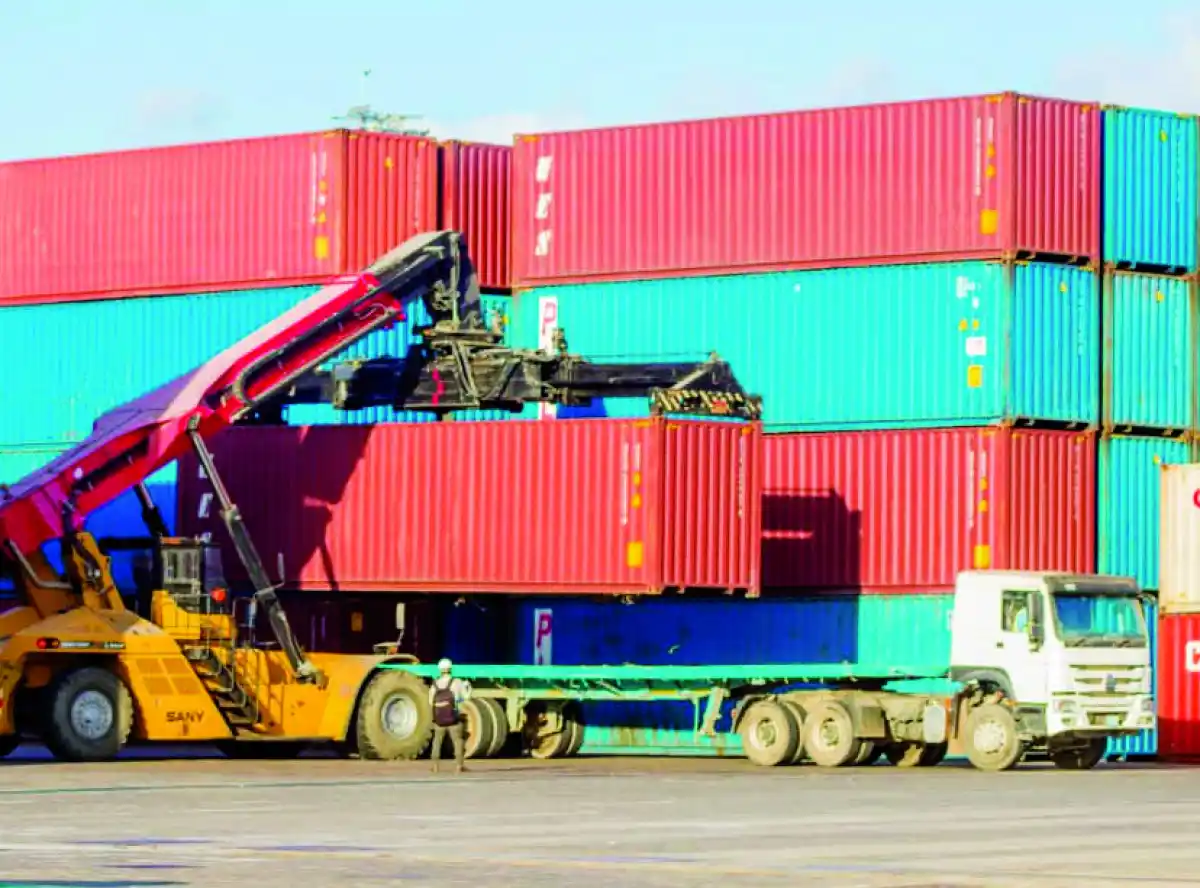
By Benadetta Chiwanda Mia:
Malawi’s business operating environment remains volatile, as it is largely characterised by persistent macroeconomic imbalances including rising inflation, high interest rates, foreign exchange scarcity and local currency instability.
This is contained in the August 2024 Economic and Business Review of the private sector umbrella body, the Malawi Confederation of Chambers of Commerce and Industry (MCCCI).
Among other things, the chamber highlights the rise in headline inflation to 33.9 percent in August, from 33.7 percent in July, as a factor exerting the pressure.
Malawi’s headline inflation has remained on an upward spiral for a greater part of the year, with the August rise largely driven by escalating food prices.
“These inflationary pressures, compounded by supply chain disruptions, have continued to erode consumer purchasing power, placing significant strain on both household and business budgets,” MCCCI says.
The chamber says inflationary pressure would persist in the lean season, which would continue to affect growth prospects.
It says immediate actions should focus on stabilising food prices by increasing food availability in the market, which would help alleviate supply chain constraints.
But the chamber highlighted that amid the pressure, the Malawi Stock Exchange registered a positive outturn.
The local bourse registered a 74.71 percent increase in the value of traded shares, reflecting positive investor sentiment.
“The market saw a notable increase in activity, with a total of 41.97 million shares traded across 1,507 transactions, reaching a total value of $3.96 million.
“This represents an 18.85 percent rise in share volume compared to the 35.32 million shares traded in July 2024, which had a total value of $2.27 million,” the report reads.

Economic expert Edward Chilima predicts that the business environment will continue to be challenging, as the economy is still undergoing significant stress.
“The next harvesting season, which brings some relief in terms of forex and food supply, is still months away. Adding to that, the exchange rate remains fragile and scarce, and there is increasing speculation,” Chilima noted.
According to Chilima, purchasing power is being eroded over time, forcing consumers to buy less while production is being impacted by the high cost of input materials and declining demand due to weakening purchasing power.
He emphasised the need for businesses to strategise and position themselves to survive the turbulent environment.
“Some may have to scale down, others may have to diversify, merge to share costs, or take the heat in anticipation of a future turnaround,” Chilima said.
The July World Bank Malawi Economic Monitor revised the country’s economic growth projection for 2024 downward to 2.0 percent, which is lower than the 2.6 percent population growth projection.
The revision is attributed to the El Niño-induced drought experienced this year, which has significantly impacted food stocks in Malawi and the region.








0 Comments